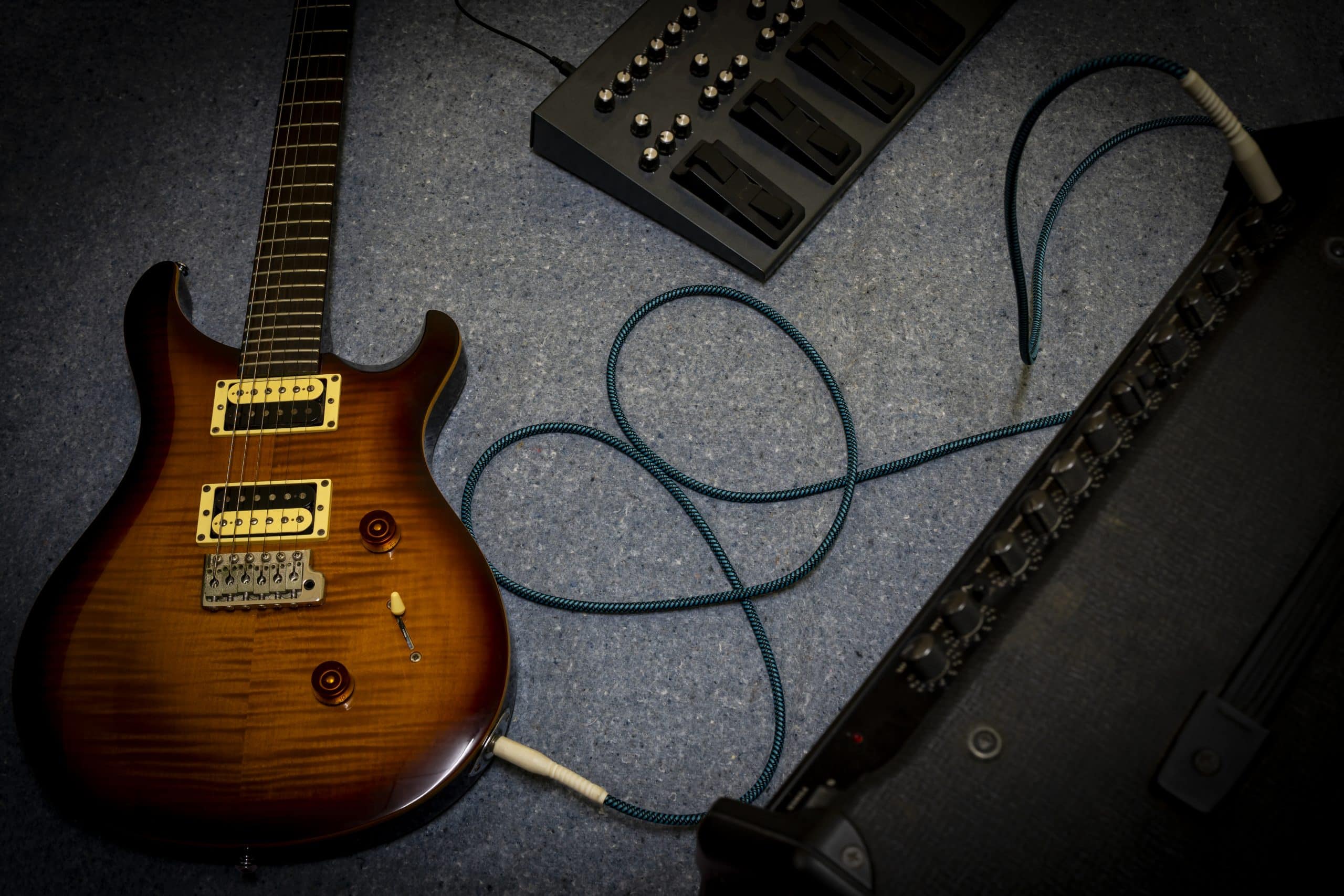
Fuzz pedals are used for the primary purpose of sustaining music from box guitars. These pedals work fine with just about any style of music. As a result of their widespread applications, there are several types of fuzz pedals out there.
Hence, the average guitarist is stuck on which fuzz pedal is ideal for their play. This article gives a detailed breakdown of how guitarists can effectively select their fuzz pedals:
Do Your Research!
The first step to finding the best fuzz pedal for you is to do some research. This is to help you find out information on the type of fuzz pedals you would love to buy. You can find a tonne of information about fuzz pedal online reviews. Check websites like sustainpunch.com for trusted reviews. Online reviews would be useful in providing you with in-depth information on hands-on experiences using the various fuzz pedals.
With the information gathered from your research, you should be thinking of making a purchase already. However, slow down, you still have some considerations to make.
Decide If You Would Like To Buy Online or Instore?
For in-store purchases, you should endeavor to visit as many stores as possible. Such visits give you a broad range view of the fuzz pedals available for you to buy. For online purchases, browse through the catalog of fuzz pedals on the website.
Take note of the ratings on each fuzz pedal for sale. Customers can help guide you on which one to pick in the range. Also, consider calling the merchant for a product or the e-commerce company’s customer care line to find out more if you are unsatisfied with what is on a website. Ensure to ask as many questions during physical visits and calls to the customer care.
Consider The Gain of the Fuzz Pedal.
Your fuzz pedal requires some amount of gain boost. The gain boost of your fuzz pedal is what allows it to produce a sustained sound. Otherwise, the sound of your guitar may disappear way faster than you want it to. The higher the gain, the more the sustain on your guitar sounds.
The minimum that is expected for the best fuzz pedal gain is to match the volume of your guitar. Take note also that excessive gain can become noise or a hiss. If that’s a desirable sound for you, then that’s fine.
Enquire Into the Frequency of the Fuzz Pedal
You need to find out about the equalization (EQ) frequency of your fuzz pedal. The EQ frequency boosts or cuts in most distortion pedals. This directly affects the guitar’s tone. You might not be able to trust such guitars because they are inconsistent. The sound they produce tends to vanish in a band play.
Anytime you test out a fuzz pedal, the tone of the guitar should always cut through. Try out multiple plays with the control knobs tuned each time differently on the fuzz pedal. This test will help you to figure the right pedal for you.
Bypass Functions
The best pedals have a real bypass function. This function allows you to switch your pedal into a bypass or off. In this mode, the guitar’s signal goes through the pedal to the amplifier directly without the pedal’s usual interference with the sound.
This function can prove very useful for players when they want to switch back to their default guitar sound. That way, they don’t have to dismantle the entire setup.
Consider The Power Options
Only replaceable batteries power most fuzz pedals. These batteries can only work for so long. A dead battery can cost you a lot in playing time, especially when you don’t have a replacement available. It is advisable to go for one that can be powered with an AC adapter.
The edge of AC powered fuzz pedals is that you keep them on for longer even when the batteries are low. Of course, you would have to pay a little extra for an AC adapter.
Functional Design
The best fuzz pedals have a functional design. A functional design, both works and is durable. These two design features in a fuzz pedal are non-negotiable.
The knobs are expected to be well distributed to avoid the player stepping on them as much as possible. Also, the fuzz pedal must withstand considerable weight to accommodate guitar players that sometimes get carried and pump a bit too hard
Test the Fuzz Pedals Out
Most guitar stores have a section for customers to test out fuzz pedals. The section should have various fuzz pedal types, at least one amp, and different guitars. In this section, you would be at liberty to play your preferred guitar with the various fuzz pedal options.
Play the basic chords you are most comfortable with. There isn’t a need to try to impress, especially for beginners. This will help you to know more about the output of the different fuzz pedals available. You can tune a few to know what output they all give.
For online purchases, you have to trust your knowledge of the guitars from the online reviews you have read. Order for one of the fuzz pedals you feel is best for you. You should be covered by the return policy and customer care department of the online commerce platform.
Let Your Ears Be the Guide
Of course, you have tested out your fuzz pedals, and you know what you heard. Instead of all the technical jargon, guitarists encumber themselves with just let your ears be your guide. Pick a pedal based on which pedal tinkered your ears the most. It will most likely be your best suit.
For instance, a common argument for guitarists is the germanium vs. silicon transistors. You might be surprised that a very basic pedal sounds better than its expensive counterparts.
Takeaway
The best fuzz pedal for you is subjective to your preferences. The first step to take is to research your possible pedal options. Factors to consider in your choice of a fuzz pedal include the gain, frequency, a functional design, bypass function, powering options, and cost. In your final decision of a fuzz pedal, let your ear be your guide above all the other considerations.
Thanks for Reading! You can stay up to date on all our content, such as reviews, interviews and of course our podcast, via our Monthly Newsletter!
We run the site voluntarily and like to keep the lights on (and the hosting up to date) so any support via our Patreon is also much appreciated!
Stay up to date via our Monthly Newsletter as well: www.thesoundarchitect.co.uk/newsletter





